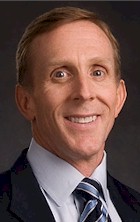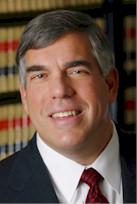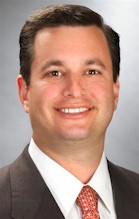
- Furniture, Fixtures & Equipment
- Latest Trends - A Comfortable Stay Isn't Just About the Guest Room Anymore
Hotels have a rich history of shaping American society - and a hotel's public space is a crucial part of its service to travelers and to the local community. So now's a good time to re-think, re-shape, and re-new your lobby. Whether your hotel is economy or extravagant, your interior design professional can help make more effective use of your available public space - through architecture, through selection and placement of furniture, and through use of artwork and accessories. In the process, you'll make some living history of your own! READ MORE



.jpg?w=70)







